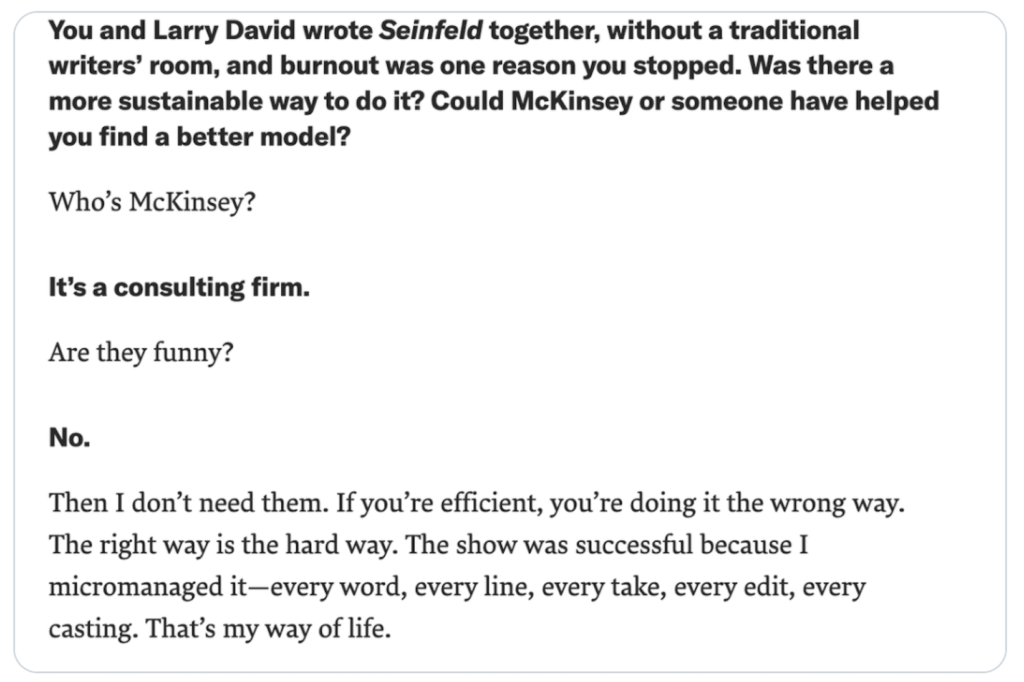Did you know the N95 mask that is critical PPE for healthcare workers right now was invented by a woman at 3M in the late 1950s?
The title of the post is a quote from Sara Little Turnball, she was a designer who started consulting for 3M in 1958. She was super sharp and made a name for herself prior to 3M, and then 3M came calling. They didn’t know what to do with her (it was 1958 women aren’t supposed to know more than men, right!?! ;), so they started her in the gift wrapping section, because you know she’s a woman!
She decided she needed to do something and created a famous product presentation called “Why?” where she presented one hundred ideas to 3M executives for various products that actual people would use. She told them there were so many uses for this moldable, woven textile they had created.
So, they hired her to make a molded bra cup. Of course, they did! But, she persisted and let them know she was also using the design and material to make a better type of surgical mask. Her first attempt failed, but eventually what she started turned into basically the N95 mask that 3M started producing in mass in 1961.
“If you don’t stretch, you’ll never know where the edges are.”
You guys know I’m not a “failure porn” person. Just fail more. Fail faster. Etc. Sara Little Turnball was a designer and inventor and it her world you needed to fail. She estimated about 90% of her work was failure.
The world takes both types. Creatives will fail way more than they succeed to reach their genius. Producers can’t fail as often, and shouldn’t. We need all types in this crazy gumball factory we live in.
We need people willing to stretch themselves to find the edges. Today, as we take off for a long holiday weekend, I’m grateful for this lady who was willing to find the edges and I’m betting so are millions of healthcare workers who are fighting for our lives.


